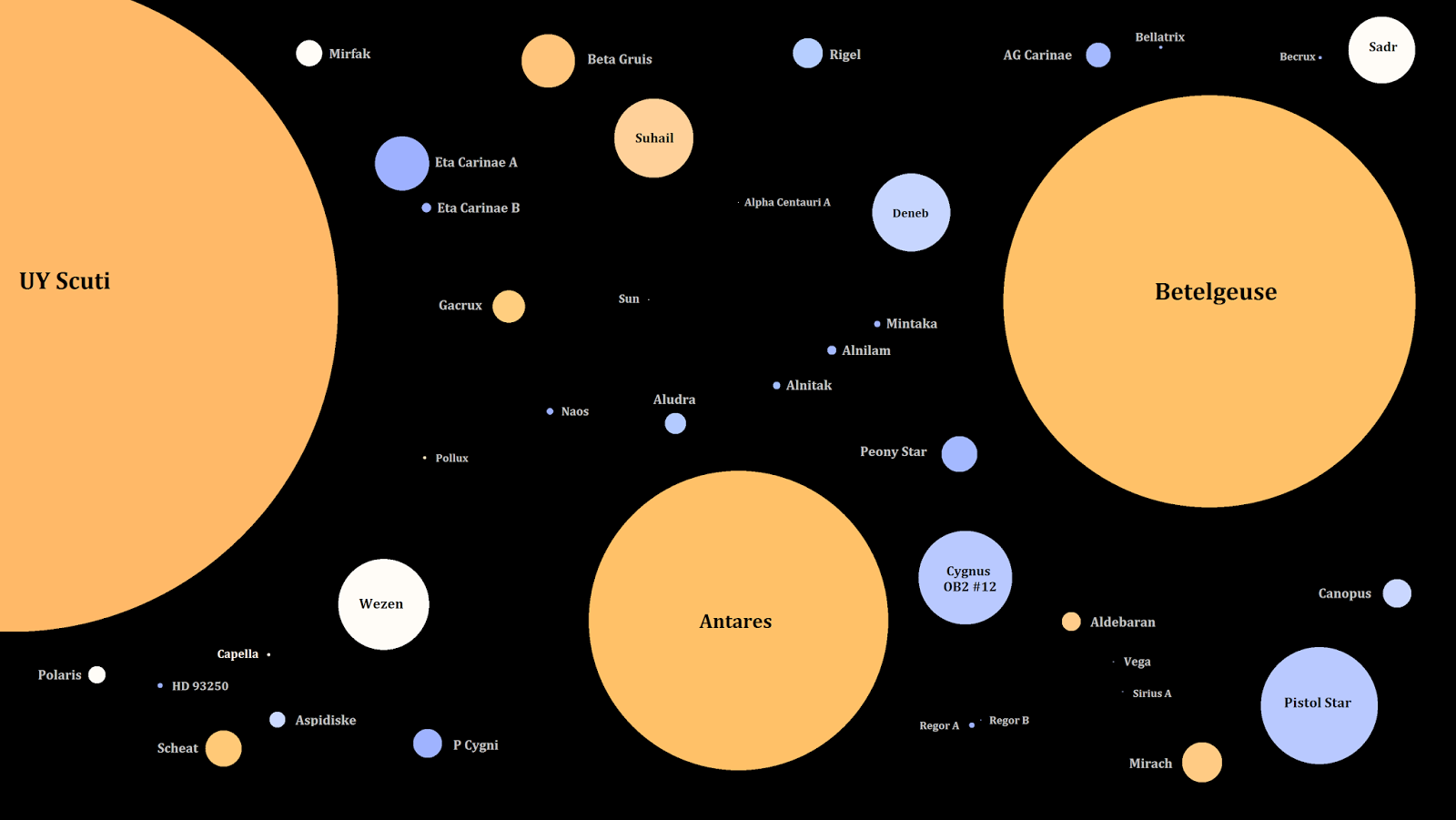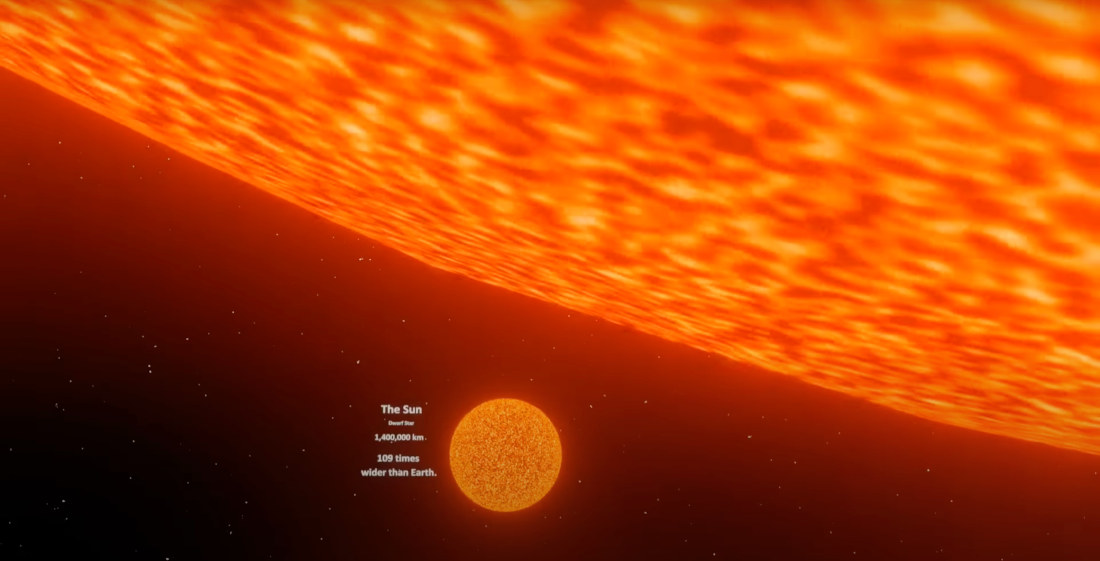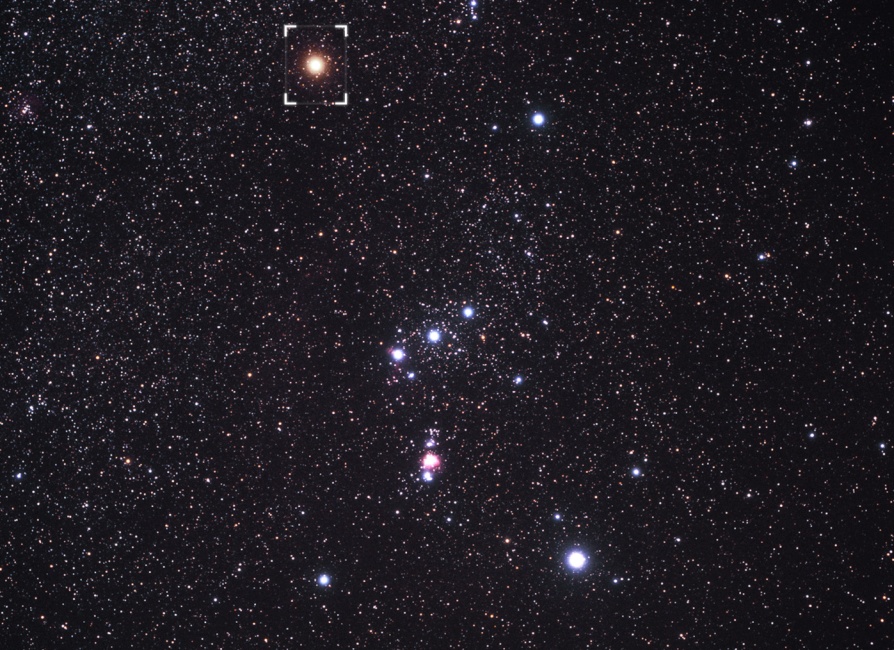Kysyin AI:ltä että jakaisi universumin massan painovoiman kaavalla, mutta vastaus oli monimutkaisempi. Vastauksessa lukee, että käytetään painovoiman kiihtyvyyttä ja että tämä on hyvin pieni arvo, mikä osoittaa, että maailmankaikkeuden massasta johtuva gravitaatiovoima on erittäin heikko. Tuntuisi, että massasta johtuva gravitaatiovoima olisi vahva, muttei se ole.
To calculate the result, we need to use the formula for gravity, which is:
F = G * (m1 * m2) / r^2
Where:
- F is the gravitational force
- G is the gravitational constant (approximately 6.67408e-11 N*m^2/kg^2)
- m1 and m2 are the masses of the two objects
- r is the distance between the centers of the two objects
However, since we are dealing with the mass of the universe, we can't use this formula directly. Instead, we can use the formula for gravitational acceleration, which is:
g = G * M / r^2
Where:
- g is the gravitational acceleration
- M is the mass of the universe (approximately 1.37e54 kg)
- r is the radius of the universe (approximately 8.8e26 meters)
Assuming a spherical universe with a uniform density, we can use the formula:
g = G * M / (4/3 * π * r^3)
Plugging in the values, we get:
g ≈ 8.64e-10 m/s^2
This is a very small value, indicating that the gravitational force due to the mass of the universe is extremely weak.
Note: This calculation is highly simplified and assumes a uniform density universe, which is not the case. The actual value of g would be affected by the distribution of matter and energy within the universe.

 ).
).







